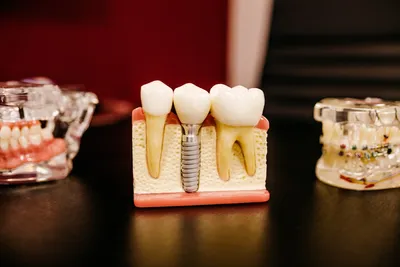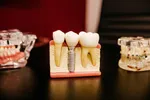
Tooth sensitivity is a common dental issue that can cause significant discomfort. This guide aims to provide an in-depth understanding of tooth sensitivity, its causes, symptoms, and effective treatment options.
What is Tooth Sensitivity?
Tooth sensitivity, often referred to as dentin hypersensitivity, is a condition that causes sharp, temporary pain in one or more teeth. This pain typically occurs when the teeth are exposed to cold, hot, sweet, or acidic substances.
Common Causes of Tooth Sensitivity
Enamel Erosion
The enamel is the outer protective layer of the teeth. When it wears away, it exposes the dentin, which contains tiny tubules that lead to the nerve inside the tooth. Enamel erosion can occur due to:
- Consuming acidic foods and drinks
- Aggressive brushing
- Teeth grinding (bruxism)
Gum Recession
When the gums recede, the roots of the teeth become exposed, leading to increased sensitivity. Gum recession can result from poor oral hygiene, periodontal disease, or aggressive brushing.
Tooth Decay and Damage
Cavities, chipped or cracked teeth, and worn fillings can all contribute to tooth sensitivity.
Symptoms of Tooth Sensitivity
The primary symptom of tooth sensitivity is discomfort or pain when the teeth are exposed to specific triggers, such as:
- Cold air or foods and drinks
- Hot foods and beverages
- Sugary or acidic substances
- Brushing or flossing
Effective Treatments for Tooth Sensitivity
Desensitizing Toothpaste
Using toothpaste formulated for sensitive teeth can help block the transmission of sensation from the tooth surface to the nerve. Look for products containing potassium nitrate or stannous fluoride.
Fluoride Treatment
Fluoride applications, either at home or at the dentist's office, can help strengthen tooth enamel and reduce sensitivity.
Dental Procedures
In more severe cases, your dentist may recommend treatments such as:
- Bonding agents: To cover exposed dentin
- Surgical gum grafts: To protect exposed roots
- Root canal: If the sensitivity is due to severe nerve damage
Preventing Tooth Sensitivity
Preventing tooth sensitivity involves maintaining good oral hygiene and making smart dietary choices. Here are some tips:
- Brush your teeth twice a day with a soft-bristled toothbrush
- Use fluoride toothpaste
- Floss daily to prevent gum disease
- Avoid acidic foods and beverages
- Visit your dentist regularly for check-ups and cleanings
Conclusion
Tooth sensitivity can significantly affect your quality of life, but with the right knowledge and proper care, it can be managed effectively. If you experience persistent tooth sensitivity, it’s essential to consult your dentist to determine the underlying cause and receive appropriate treatment.
Popular Dental Care Guides
Discover our most popular articles that our readers find the most helpful and insightful, covering a range of dental health topics.


Related Posts
View All



